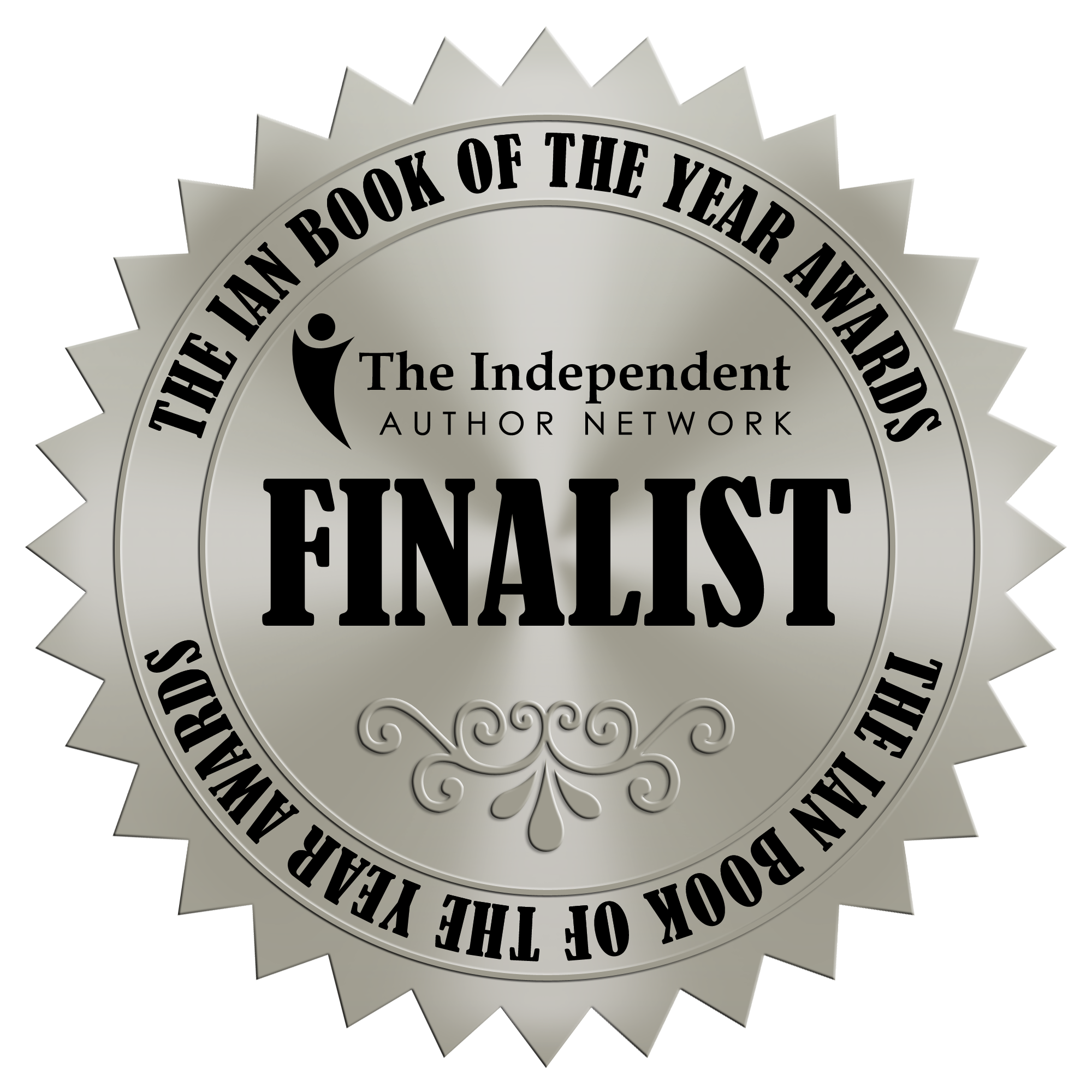When it comes to chronicling the century-long struggle of the Palestinian people, two books stand out for very different reasons: No Way but Forward and The Hundred Years’ War on Palestine. While Rashid Khalidi’s 2020 historical work frames the conflict through the lens of geopolitical settler colonialism, No Way but Forward takes a more intimate, emotionally charged route—placing readers in the heart of the Palestinian experience, and more importantly, its enduring spirit.
In this blog, we’ll explore the key differences between these two works, with a focus on why No Way but Forward delivers something more potent, more urgent, and ultimately more transformative than its academic counterpart.
Two Books, Two Very Different Approaches
The Hundred Years’ War on Palestine is a well-researched historical narrative. Rashid Khalidi—a Palestinian-American historian—presents the Zionist movement as an extension of British and American imperialism. He structures the book around six major events he calls “declarations of war” on Palestinians, including the Balfour Declaration, the creation of Israel, and more recent U.S. policy decisions.
In contrast, No Way but Forward does not limit itself to historical documentation. Instead, it weaves together the political, personal, and spiritual journey of Palestinians struggling not just to survive, but to reclaim life itself. Rather than viewing Palestinians through the lens of victimhood, it casts them as resilient protagonists whose identity, dignity, and hope remain intact—despite the crushing weight of occupation and exile.
Favoring Humanity Over Policy
One of the most striking contrasts in No Way but Forward vs The Hundred Years’ War on Palestine is the tone. Khalidi’s book is intellectual and critical, geared toward policymakers, academics, and those seeking historical context. While that has its place, it often detaches the reader from the visceral pain and pride of the Palestinian people.
No Way but Forward does the opposite. It places humanity first. The narrative isn’t just about the Palestinian struggle—it is the Palestinian struggle, told through poetry, essays, vignettes, and reflection. It opens a door to how people process grief, reclaim joy, and survive spiritually when their very existence is politicized. This focus on lived experience makes it far more powerful and accessible for readers who want to understand, not just analyze.
The Danger of Reducing Palestine to a Political Project
In The Hundred Years’ War on Palestine, the Palestinian identity is often filtered through the lens of external control—how Britain, the U.S., and Israel have shaped Palestinian history. This is useful, especially in exposing the systematic machinery of occupation. However, it can also unintentionally reduce Palestinians to mere subjects of oppression.
No Way but Forward flips this script. It refuses to let Palestinian identity be defined by borders or power structures. Instead, it reclaims Palestinian culture, language, and memory as sacred and invincible. This is not a book that asks for pity. It demands recognition—not just of suffering, but of strength.
Settler Colonialism vs Spiritual Survival
Khalidi’s book is centered on settler colonialism, detailing how Zionism emerged as a colonial enterprise backed by powerful Western states. While this is historically accurate and intellectually robust, it often leans heavily on a political science framework.
No Way but Forward, by contrast, acknowledges settler colonialism but moves beyond it. It’s not content to remain stuck in the mechanics of oppression. Instead, it offers spiritual survival as the real form of resistance. Where Khalidi documents how Palestinians were displaced, No Way but Forward shows how they remained rooted—in faith, in land, in family, and in memory. This psychological and emotional perspective is rarely captured in traditional political discourse and makes the book a more holistic portrayal of resistance.
Whose Voice Speaks Louder?
In No Way but Forward vs The Hundred Years’ War on Palestine, another crucial question emerges: who is doing the speaking?
Rashid Khalidi, though Palestinian himself, speaks from an academic perch largely situated in the West. His audience is clearly global, especially American, and he writes in the language of diplomacy, foreign policy, and historical critique.
No Way but Forward is unapologetically raw, personal, and grounded in the soil of lived Palestinian experience. It does not seek approval or legitimacy from Western gatekeepers. Its voice is for Palestinians first, and for those willing to listen with humility second. That shift in audience and tone makes it far more impactful for those seeking truth, not just explanation.
Action vs Analysis
A further distinction in No Way but Forward vs The Hundred Years’ War on Palestine lies in the outcome each book encourages. Khalidi’s work is undoubtedly important in laying bare the hypocrisy of international diplomacy and the complicity of Western powers. But it often stops at critique, leaving readers with a sense of despair or paralysis.
By contrast, No Way but Forward points toward healing. It offers an affirmative vision—one where poetry, memory, and cultural preservation are acts of resistance. It doesn’t just deconstruct the past. It reconstructs the future.
Why No Way but Forward Deserves Your Attention
If you’re choosing between No Way but Forward vs The Hundred Years’ War on Palestine, here’s why the former stands out:
- It centers the Palestinian voice without translation or mediation.
- It blends the emotional, spiritual, and political, offering a multi-dimensional look at resistance.
- It restores dignity, not just documents oppression.
- It offers hope, not just critique.
- It invites global readers, but it’s rooted in local truths.
Where Khalidi’s book reads like a necessary academic document, No Way but Forward feels like a living heartbeat. It’s the kind of book that stays with you—not as a policy lesson, but as a human one.
Why Read No Way but Forward?
You should read No Way but Forward if:
- You want to understand Palestine from the inside out, not the top down.
- You believe that resistance is more than protest—it’s also poetry, prayer, and presence.
- You’re tired of Palestinian stories being filtered through Western institutions.
- You’re looking for a book that speaks to both the pain and power of survival.
- You want a companion, not a textbook.
More Than a Comparison
This is not just a debate between No Way but Forward vs The Hundred Years’ War on Palestine. It’s a reminder that how we tell stories matters. While both books have value, No Way but Forward is the one that doesn’t just inform you—it transforms you.
It speaks to a deeper truth: that Palestinians are not relics of conflict or footnotes in someone else’s history. They are poets, warriors, teachers, mothers, and dreamers. And in No Way but Forward, they finally speak for themselves.
A Path Carved in Truth
If your goal is to engage with Palestine on a human level—to feel its ache, its fire, and its grace—No Way but Forward is the book to read. While The Hundred Years’ War on Palestine gives you the political blueprint, No Way but Forward gives you the soul.
And when it comes to truth, soul always wins.

